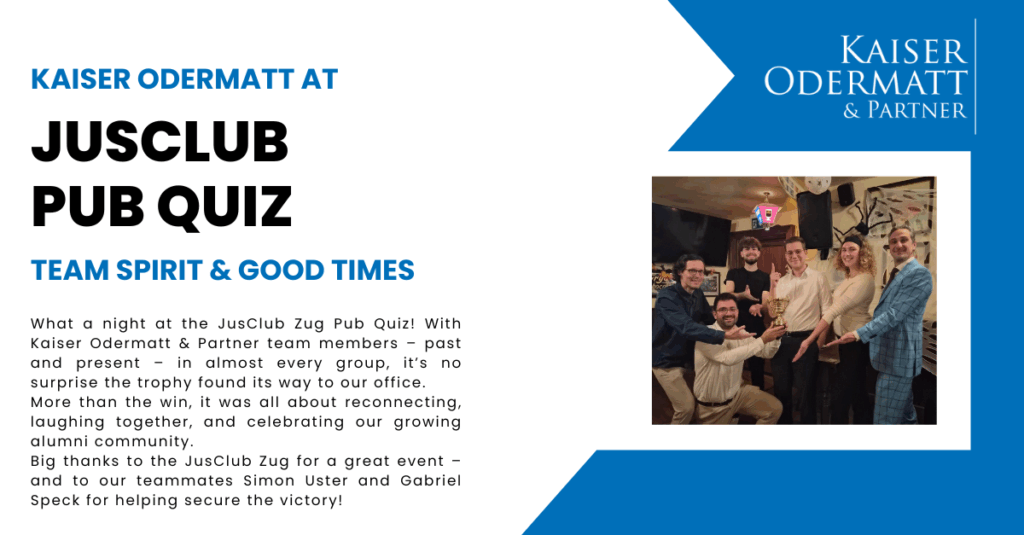Exceeding the speed limit in Switzerland can result in unpleasant penalties. This makes it all the more important to know the Swiss traffic regulations. The Swiss courts base their decisions on precise speed limits, whereby the specific circumstances of the individual case are not taken into account. So whether someone is speeding because of an important appointment or considers the traffic situation to be harmless is irrelevant and is generally not taken into account. Speeding is divided into speeding in urban areas, speeding outside urban areas (including motorways) and speeding on freeways. An offense against the traffic regulations is punishable by a criminal conviction and an administrative measure (withdrawal of a driving license). The following explanations refer to administrative measures (disqualification from driving) in first-time cases. Exceeding the speed limit in urban areas: Maximum speeds of up to 50 km/h are permitted in built-up areas. Exceeding this limit by up to 15 km/h is only punished with an administrative fine and no administrative measures are imposed. If the speed limit is exceeded by 16-20 km/h, the driver will receive a warning and will be charged with a minor offense. If the speed limit is exceeded by 21-24 km/h, the driver’s license will be revoked for at least one month in addition to the administrative fine, which is a moderate offence. Exceeding the speed limit outside built-up areas: Maximum speeds of up to 80 km/h are permitted outside built-up areas. Here too, exceeding this limit by up to 20 km/h will only result in a fine, but no administrative measures. If the speed limit is exceeded by 21-25 km/h, a warning will be issued, which is again considered a minor offense. If the speed limit is exceeded by 26-29 km/h, the driver’s license will be revoked for at least one month and this constitutes a moderate offence. A serious offense is defined as exceeding the speed limit by 30 km/h, which leads to the withdrawal of the driver’s license for at least three months. Exceeding the speed limit on the highway: Maximum speeds of up to 120 km/h are permitted on Swiss highways. Exceeding this speed limit by up to 25 km/h does not result in any administrative measures. If the speed limit is exceeded by 26-30 km/h, a warning is issued, which constitutes a minor offense. If the speed limit is exceeded by 31-34 km/h, the driver’s license will be revoked for at least one month. This is then a moderately serious offense. If the speed limit is exceeded by 35 km/h, the driver’s license will be revoked for up to three months. This is a serious offense. If it is not the driver’s first offense against the speed limit, a significantly longer withdrawal period must be expected. In so-called speeding cases, the driver’s license must be revoked for at least two years. A speeding case is assumed if the speed limit is exceeded by
- 40 km/h where the maximum speed limit is 30 km/h or less
- 50 km/h where the maximum speed limit is 50 km/h or less
- 60 km/h where the maximum speed limit is 80 km/h or less
- 80 km/h, where the maximum speed is more than 80 km/h
In order to regain a driver’s license in these cases, the minimum withdrawal period must have expired. Furthermore, as a rule, a traffic psychologist’s report must be presented which confirms the person’s fitness to drive. Procedure for an administrative measure A traffic violation triggers criminal proceedings (fine, fine, custodial sentence) and administrative proceedings (driving disqualification), whereby the administrative proceedings are usually suspended until the criminal proceedings have been lawfully concluded. Any objections and exculpatory arguments should therefore be raised during the criminal proceedings. The driver has the right to be heard and can defend himself by contesting any incorrect findings. They can also request access to the files during the criminal proceedings and refuse to give evidence.








